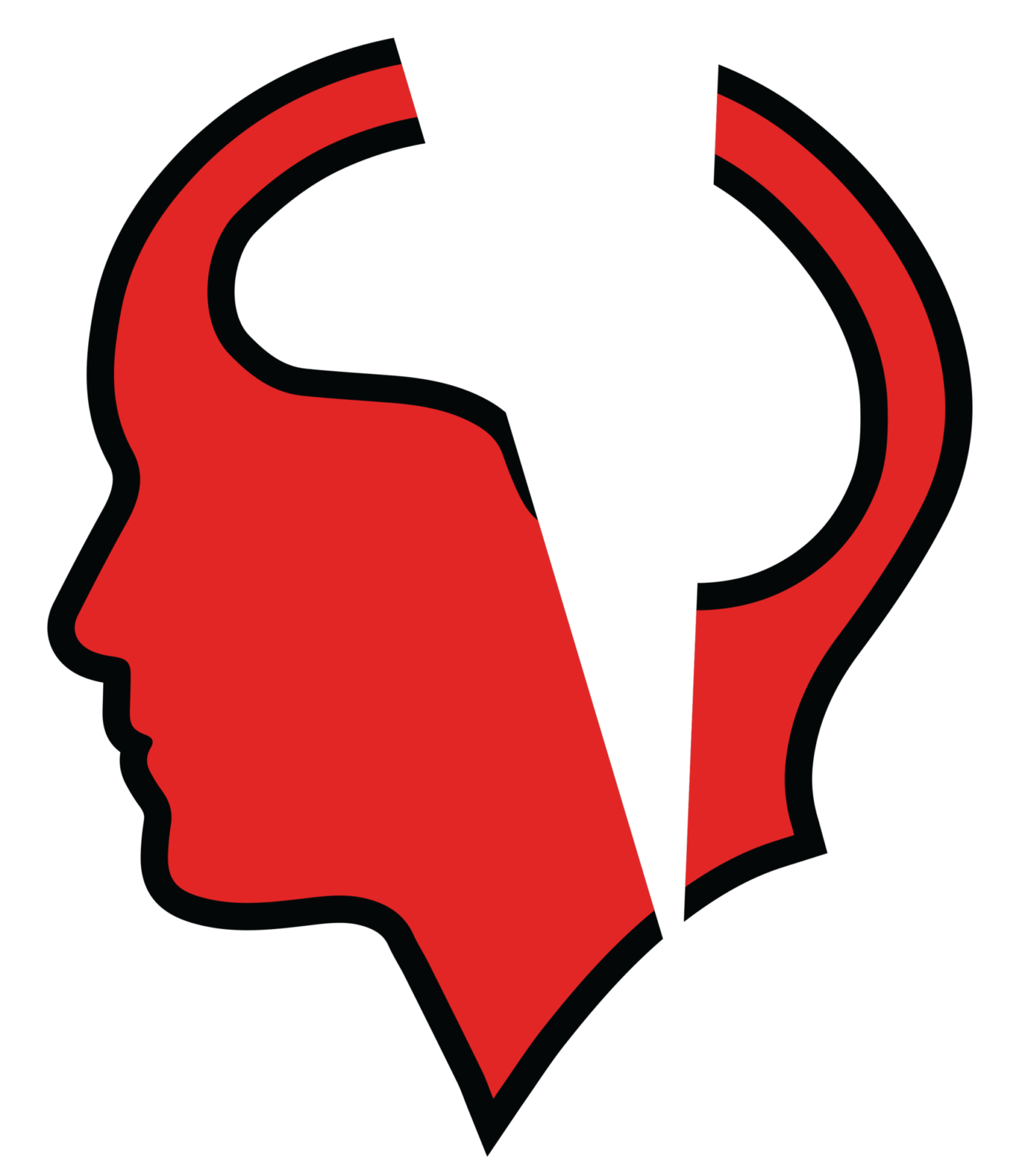John Den Boer, a leading neuropsychologist, has developed a groundbreaking approach to identifying cognitive skills in athletes. His work is revolutionizing how athletes are evaluated, allowing coaches to gain greater insight into their players’ mental and emotional capabilities. Dr. Den Boer has provided an invaluable resource for athletes and coaches through his practice. However, in this blog post, we will explore how Dr. John helps his athletes identify the cognitive skills that help them give an elite performance while playing.
How do Neuropsychologists Identify Cognitive Skills?
Dr. John Den Boer is a professional neuropsychologist studying the brain and its relationship to behavior and cognitive functioning. However, he uses a range of methods, including psychometric testing, to measure and assess how the brain is functioning. Additionally, in this way, he can assess athletes’ mental abilities, such as memory, language, problem-solving, attention, and emotion.
Moreover, the skills of neuropsychologists are invaluable for understanding how the brain works and treating and diagnosing psychological and neurological disorders. In addition, Dr. Den Boer also works with athletes to identify and improve their cognitive skills. Through this process, Dr. John can provide insights into an athlete’s performance that they may not know. Further, he develops specific strategies to help athletes achieve peak performance.
How Can John Den Boer Help Athletes?
Over the years, Dr. Den Boer has been helping athletes in maximizing their potential. He has a wealth of knowledge about the human brain and uses this to help identify athletes’ cognitive skills. This is because these skills play an essential role in the performance of athletes. In addition, being a neuropsychologist, Dr. John can understand the nuances of how the brain processes after a person functions. Their functioning makes them well-suited to identify the weaknesses and strengths in an athlete’s cognitive skills.
Moreover, John Den Boer assesses an athlete’s memory, attention, problem-solving abilities, executive functioning, and emotional control. All these qualities are essential components of success in many sports. With this understanding, he works with athletes to develop strategies for managing any cognitive deficits that may be holding them back from performing at their peak.
Similarly, being a neuropsychologist, John also helps athletes achieve their cognitive skills to reach their highest level of performance. By providing specific feedback on an athlete’s cognitive strengths and weaknesses, John develops a personalized plan of action to improve their game. This could include improving their reaction time or enhancing their decision-making skills through targeted practice.
What Cognitive Skills are Essential For Athletes?
Cognitive skills are essential for athletes to help them perform at their peak. However, these skills include attention, memory, visual-spatial perception, and executive functioning. Attention is essential for staying focused on the task and quickly processing information. Then memories help athletes recall previously learned information and specific game situations. While processing, speed allows athletes to react quickly in a game situation.
Similarly, visual-spatial perception enables athletes to quickly analyze complex images, angles, and spatial relationships. Lastly, executive functioning is critical for decision-making and problem-solving under pressure. Therefore, these skills are essential for athletes to help them make quick decisions, stay focused, and succeed in their support. In this regard, John Den Boer provides his consultation in improving athletes’ cognitive skills so that they can perform at their best.
How Can Athletes Improve Their Cognitive Skills?
The first step for athletes looking to improve their cognitive skills is to understand what specific skills they should focus on. Neuropsychologists like John Den Boer can help athletes identify which cognitive skills are most vital to develop to reach their goals. A neuropsychologist can provide invaluable insight into how an athlete can reach the next level by taking a comprehensive assessment of the athlete’s current cognitive skills and identifying weaknesses and strengths.
Furthermore, once an athlete knows which cognitive skills are the most important for them to develop, there are several steps they can take to do so. Training their attention span, focus, and working memory will help them become more efficient in athletic activity. Practicing mindfulness techniques can also help with concentration and problem-solving. Additionally, regular practice of cognitive activities such as chess, crosswords, and other forms of mental puzzles can also aid in sharpening the brain.
Therefore, athletes need to remember that improving cognitive skills is a process that won’t happen overnight. Regular practice and dedication are essential to lasting improvements in athletic performance. Working with a qualified neuropsychologist can help athletes determine which cognitive skills to focus on and provide valuable guidance on approaching the process best.

